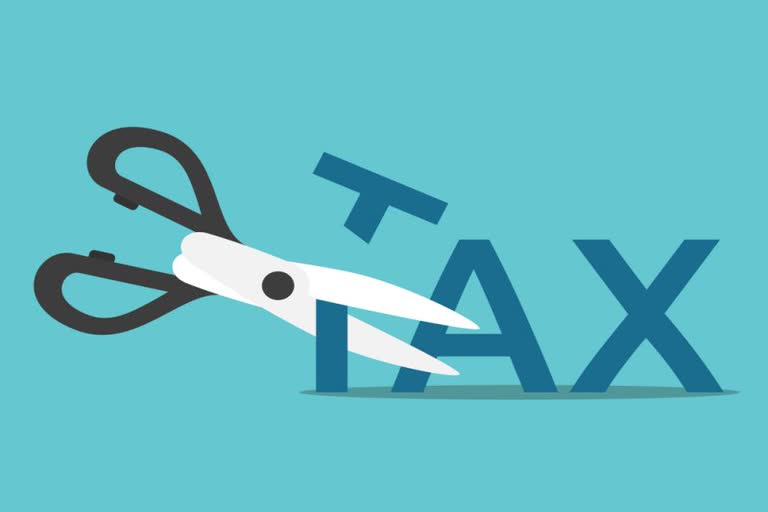New Delhi: The corporate tax cuts announced by the government recently will offer benefits to listed corporates, banks and NBFCs, and leveraged and non-leveraged sectors in different degrees but by itself, may not be enough to meaningfully stimulate private sector CAPEX over the near to medium term, India Ratings has said.
The Ind-Ra report provides a sector-wise break-up of the tax savings accruing on account of the tax cut. The report also quantifies the expected impact of the same on the credit metrics of corporates in each sector.
Ind-Ra estimates that the top 1,000 listed entities would save around Rs 60,000-65,000 crore in taxes in FY20 while banks and non-bank finance companies will account for Rs 9,000 crore and Rs 6,000 crore, respectively, of this amount.
The report has classified the total tax savings by sector and by leverage of these companies. According to Ind-Ra, in FY20, tax savings are likely to account for 2.5 per cent of the funds from operations (FFO) for highly leveraged sectors, and 4.5 per cent of the FFO for lower leveraged sectors.
Therefore, Ind-Ra believes that the corporate tax cut is unlikely to directly impact the credit profile of its rated issuers.
The internal rate of return expected from any new upcoming CAPEX is determined by both the likely asset turnover and cost structure of the business. The tax savings would encourage corporates to incur significant Capex only if they are confident of registering a meaningful level of asset turnover over the medium to long term.
Amidst a broad-based slowdown in demand, revenue visibility for new manufacturing units is likely to remain bleak, as evident from a fall in corporate asset turnover ratio in FY19 across sectors.
Ind-Ra, thus, believes that the corporate tax rate cut by itself may be insufficient to meaningfully stimulate private sector CAPEX over the near to medium term.
India's ongoing economic slowdown has mainly been caused by a slump in household demand. The agency believes that a rise in private sector CAPEX or an increase in employee benefit expenses would be essential for stimulating broad-based private sector demand.
The agency's study indicates that the delay in the de-leveraging of Indian corporates, coupled with the substantial spare capacity across sectors would hamper the ability of corporates to pass on the benefits of their tax savings to households through wages.
However, at the same time, relatively un-levered corporates might be able to pass on the benefit to households, either via higher employee benefit expenses or dividend payouts, though this might not be material, given the low free float in most sectors.
Notwithstanding the limited short-term impact, the corporate tax rate cut is likely to stimulate CAPEX in the private sector over the long term. Besides improving the ease of doing business, the rationalisation of direct taxes is likely to enhance the cost-competitiveness of domestic enterprises over the long term.
As per Ind-Ra's base case estimates, some sectors could see an improvement of over 200 bps in their return on equity (RoE) in FY20 due to the decline in the tax burden, however, the aggregate improvement in RoE across sectors is likely to range between 50bps and 60bps.
Read more: Slowdown, more capacity keep air fares low this festive season



